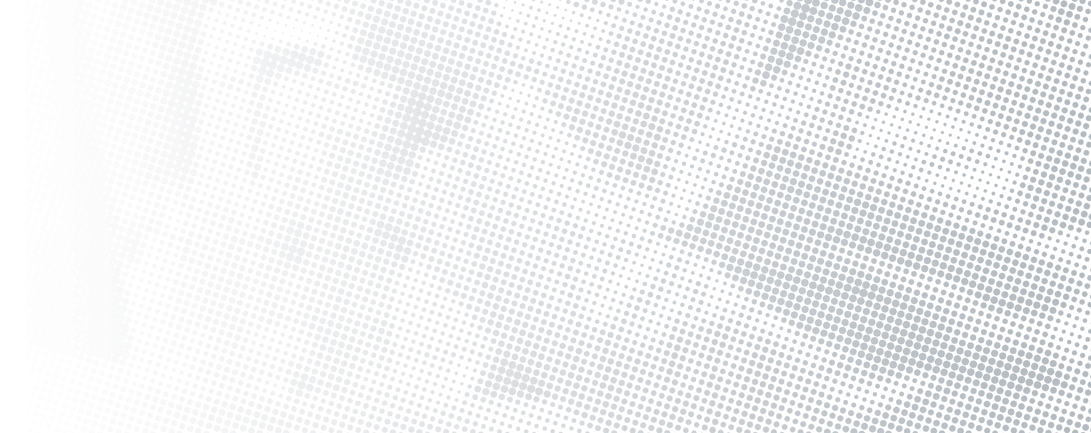These researchers have dedicated their careers to finding new treatments and cures for people with cancer.


Dr. Mikkilineni leads a clinical trial showing remarkable success for patients with multiple myeloma, a blood-related cancer. By December of 2020, the trial had treated 20 patients with a success rate of 90%. As of March 2022, the success rate has risen to 92%.
Currently, there is no cure for multiple myeloma and overall survival rates are low. Dr. Mikkilineni, a medical oncologist at the National Cancer Institute Center for Cancer Research, believes a treatment called CAR T-cell therapy may continue improving treatment plans, symptom management, and health outcomes for patients everywhere.
CAR-T cell therapies are a new and promising treatment for patients. These interventions target a specific cancer-causing molecule (known as an antigen) that arises in some patients with cancer. People live with cancers that express different antigens. Developing and testing unique types of CAR T-cell therapy can help treat and cure a greater number of patients. Dr. Mikkilineni relies on her ongoing CAR T-cell clinical trials to help her patients mark personal milestones while managing multiple myeloma.
Trials Reveal Treatment Advantages
Most people Dr. Mikkilineni treats have undergone a minimum of three standard myeloma therapies, with many patients gaining a tolerance to traditional anti-myeloma drugs.
To help mitigate these challenges, Dr. Mikkilineni is exploring the effectiveness of anti-B-cell maturation antigen (anti-BCMA) CAR T-cell therapy, a novel care approach that targets different molecules compared to typical myeloma treatments. Her trial’s 90% success rate suggests CAR T-cell treatment is a viable option for patients.
“[It is] both striking and meaningful for me as an investigator to see the remarkable impact CAR T-cell therapy has on patients' quality of life. Patients who have progressed with all standard lines of treatment can have a deep and durable remission with anti-BCMA therapy,” said Dr. Mikkilineni.
Another Promising Approach
Emerging anti-BCMA therapies may show promise for patient care, but these treatments are not yet curative measures. Dr. Mikkilineni has seen relapse in some patients whose myeloma does not express BCMA. To address this issue, Dr. Mikkilineni is exploring more ways to treat patients whose myeloma carries a different molecule, SLAMF7.
Using support from a Conquer Cancer grant, Dr. Mikkilineni launched a phase I clinical trial examining the effectiveness of anti-SLAMF7 CAR T-cell therapy. This treatment provides patients whose myeloma expresses the SLAMF7 molecule a better opportunity to reach optimal outcomes.
The approach uses a different tactic compared to traditional forms of myeloma treatment, deploying a ‘suicide gene' that targets SLAMF7. Testing this method matters because some patients with multiple myeloma relapse after undergoing other lines of care, including anti-BCMA therapies.
“The [Conquer Cancer grant] provided me with valuable resources, enabling me to conduct informative correlative studies that will help characterize this therapy more fully. We hope to identify an alternative target for antimyeloma CAR T-cell therapy that can lead to durable responses in all patients, especially those who have myeloma that does not express BCMA,” Dr. Mikkilineni said. “Pursuing new CAR T-cell therapies that target alternative multiple myeloma antigens will be important to continue pushing this treatment forward.”
Next Steps
As Dr. Mikkilineni maps out future research, she anticipates results from her ongoing anti-BCMA trial will keep showing promise for CAR T-cell therapies. Accrual for her anti-SLAMF7 trial is now closed as Dr. Mikkilineni and colleagues analyze the data and prepare to publish results. Data collected from these studies may inform future trials that test and optimize treatments and cures for patients with multiple myeloma.
“The next steps in my research are to analyze data from our anti-SLAMF7 CAR T-cell phase I trial as we work to find an optimal dose that is safe and efficacious. This can significantly improve multiple myeloma care,” Dr. Mikkilineni said. And delivering patients the best care possible fuels Dr. Mikkilineni's dedication to conquering cancer.
“I not only get to hear that patients feel much better, but I also witness patients getting their old life back. I have had patients who have picked up competitive tennis again, who have spent meaningful time with their grandchildren, and who have gone on to travel extensively. It is extremely gratifying,” Dr. Mikkilineni said. “And that above all else encourages me to pursue this line of research further.”
This article is adapted from a feature originally published in the ASCO Daily News.

I have had patients who have picked up competitive tennis again, who have spent meaningful time with their grandchildren, and who have gone on to travel extensively. It is extremely gratifying.
